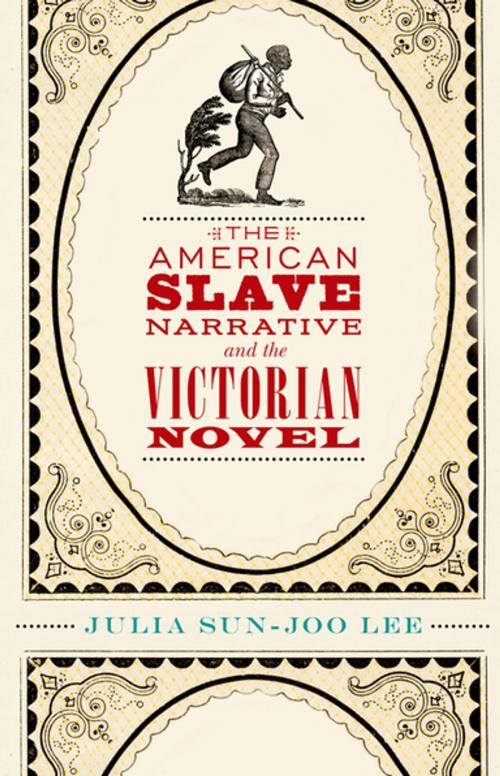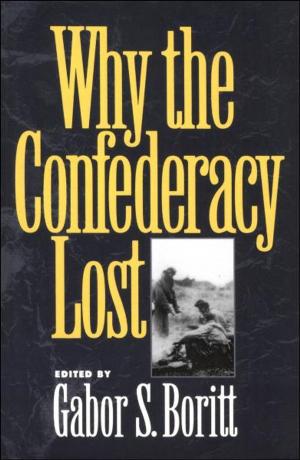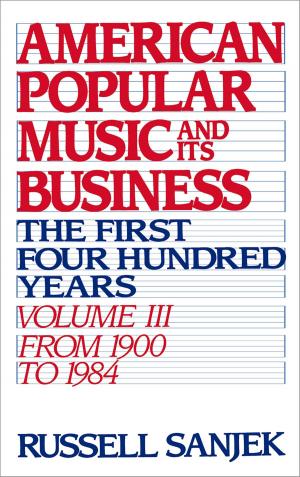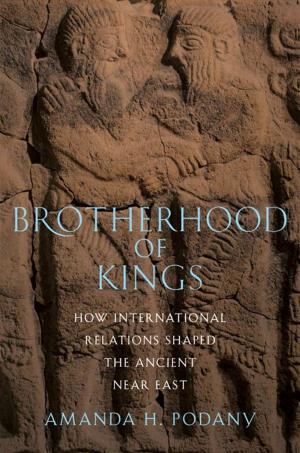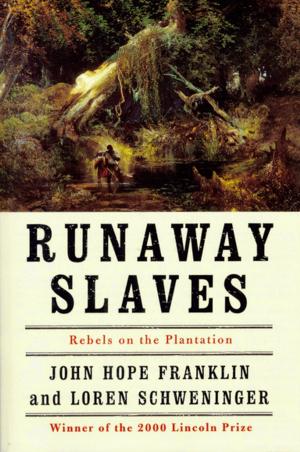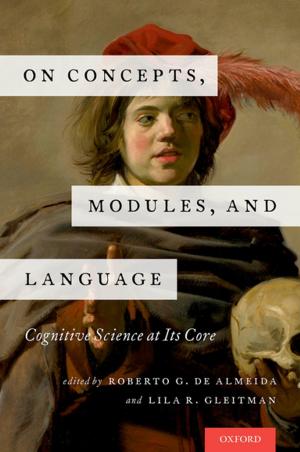The American Slave Narrative and the Victorian Novel
Nonfiction, History, British, Fiction & Literature, Literary Theory & Criticism| Author: | Julia Sun-Joo Lee | ISBN: | 9780199889266 |
| Publisher: | Oxford University Press | Publication: | April 9, 2010 |
| Imprint: | Oxford University Press | Language: | English |
| Author: | Julia Sun-Joo Lee |
| ISBN: | 9780199889266 |
| Publisher: | Oxford University Press |
| Publication: | April 9, 2010 |
| Imprint: | Oxford University Press |
| Language: | English |
Conceived as a literary form to aggressively publicize the abolitionist cause in the United States, the African American slave narrative remains a powerful and illuminating demonstration of America's dark history. Yet the genre's impact extended far beyond the borders of the U.S. In a period when few books sold more than five hundred copies, slave narratives sold in the tens of thousands, providing British readers vivid accounts of the violence and privation experienced by American slaves. Eloquent, bracing narratives by Frederick Douglass, William Box Brown, Solomon Northrop, and others enjoyed unprecedented popularity, captivating audiences that included activists, journalists, and some of the era's greatest novelists. The American Slave Narrative and the Victorian Novel investigates the shaping influence of the American slave narrative on the Victorian novel in the years between the British Abolition Act and the American Emancipation Proclamation. The book argues that Charlotte Brontë, W. M. Thackeray, Elizabeth Gaskell, Charles Dickens, and Fanny and Robert Louis Stevenson integrated into their works generic elements of the slave narrative-from the emphasis on literacy as a tool of liberation, to the teleological journey from slavery to freedom, to the ethics of resistance over submission. It contends that Victorian novelists used these tropes in an attempt to access the slave narrative's paradigm of resistance, illuminate the transnational dimension of slavery, and articulate Britain's role in the global community. Through a deft use of disparate sources, Lee reveals how the slave narrative becomes part of the textual network of the English novel, making visible how black literary, as well as economic, production contributed to English culture. Lucidly written, richly researched, and cogently argued, Julia Sun-Joo Lee's insightful monograph makes an invaluable contribution to scholars of American literary history, African American literature, and the Victorian novel, in addition to highlighting the vibrant transatlantic exchange of ideas that illuminated literatures on both sides of the Atlantic during the nineteenth century.
Conceived as a literary form to aggressively publicize the abolitionist cause in the United States, the African American slave narrative remains a powerful and illuminating demonstration of America's dark history. Yet the genre's impact extended far beyond the borders of the U.S. In a period when few books sold more than five hundred copies, slave narratives sold in the tens of thousands, providing British readers vivid accounts of the violence and privation experienced by American slaves. Eloquent, bracing narratives by Frederick Douglass, William Box Brown, Solomon Northrop, and others enjoyed unprecedented popularity, captivating audiences that included activists, journalists, and some of the era's greatest novelists. The American Slave Narrative and the Victorian Novel investigates the shaping influence of the American slave narrative on the Victorian novel in the years between the British Abolition Act and the American Emancipation Proclamation. The book argues that Charlotte Brontë, W. M. Thackeray, Elizabeth Gaskell, Charles Dickens, and Fanny and Robert Louis Stevenson integrated into their works generic elements of the slave narrative-from the emphasis on literacy as a tool of liberation, to the teleological journey from slavery to freedom, to the ethics of resistance over submission. It contends that Victorian novelists used these tropes in an attempt to access the slave narrative's paradigm of resistance, illuminate the transnational dimension of slavery, and articulate Britain's role in the global community. Through a deft use of disparate sources, Lee reveals how the slave narrative becomes part of the textual network of the English novel, making visible how black literary, as well as economic, production contributed to English culture. Lucidly written, richly researched, and cogently argued, Julia Sun-Joo Lee's insightful monograph makes an invaluable contribution to scholars of American literary history, African American literature, and the Victorian novel, in addition to highlighting the vibrant transatlantic exchange of ideas that illuminated literatures on both sides of the Atlantic during the nineteenth century.
